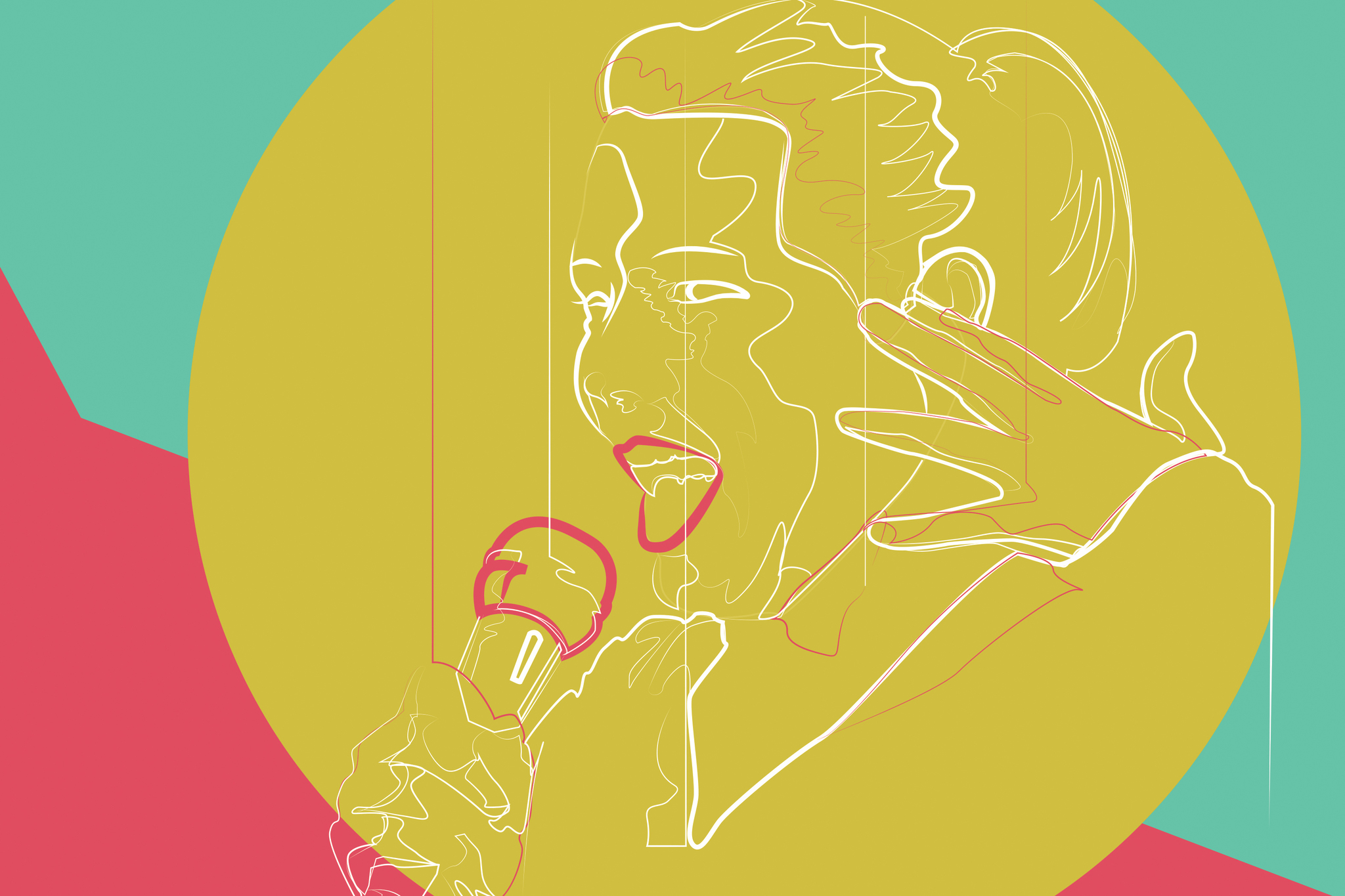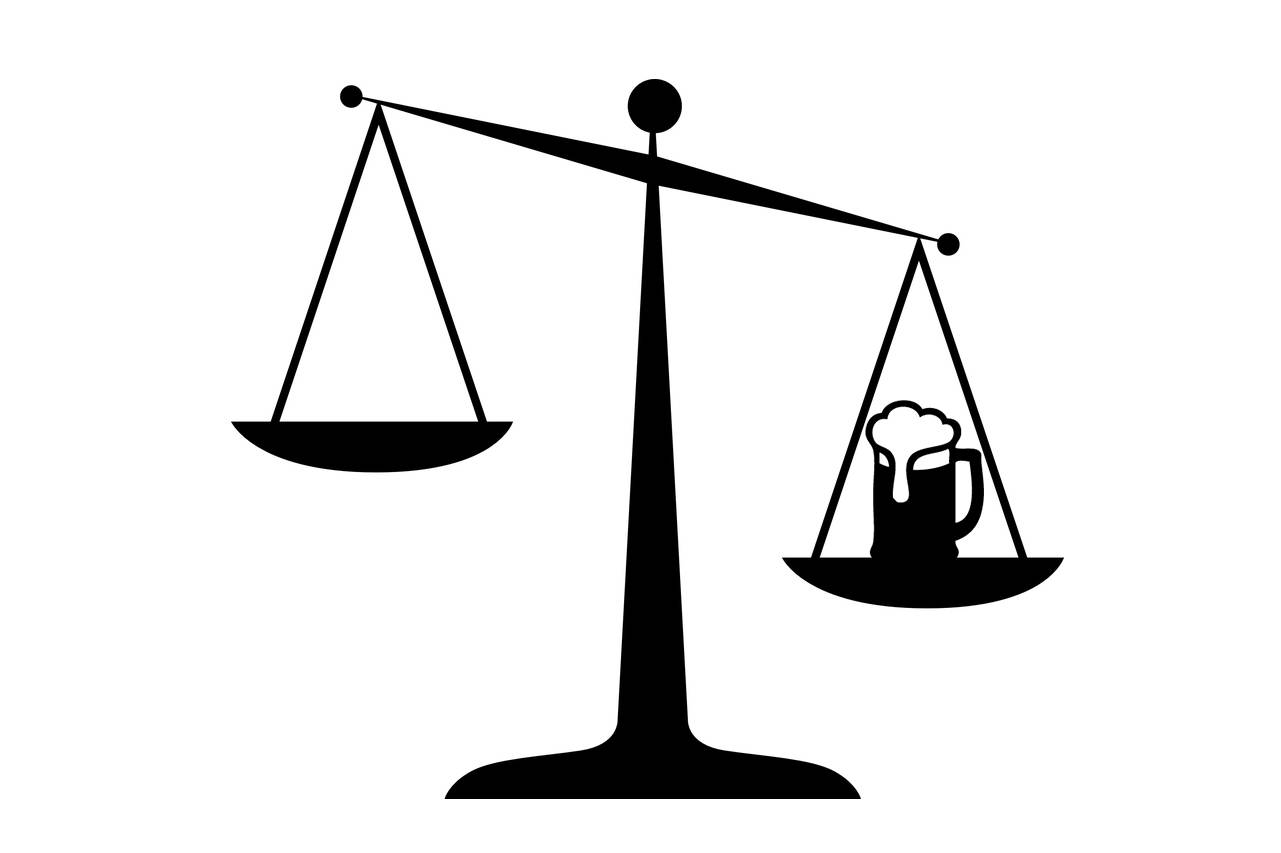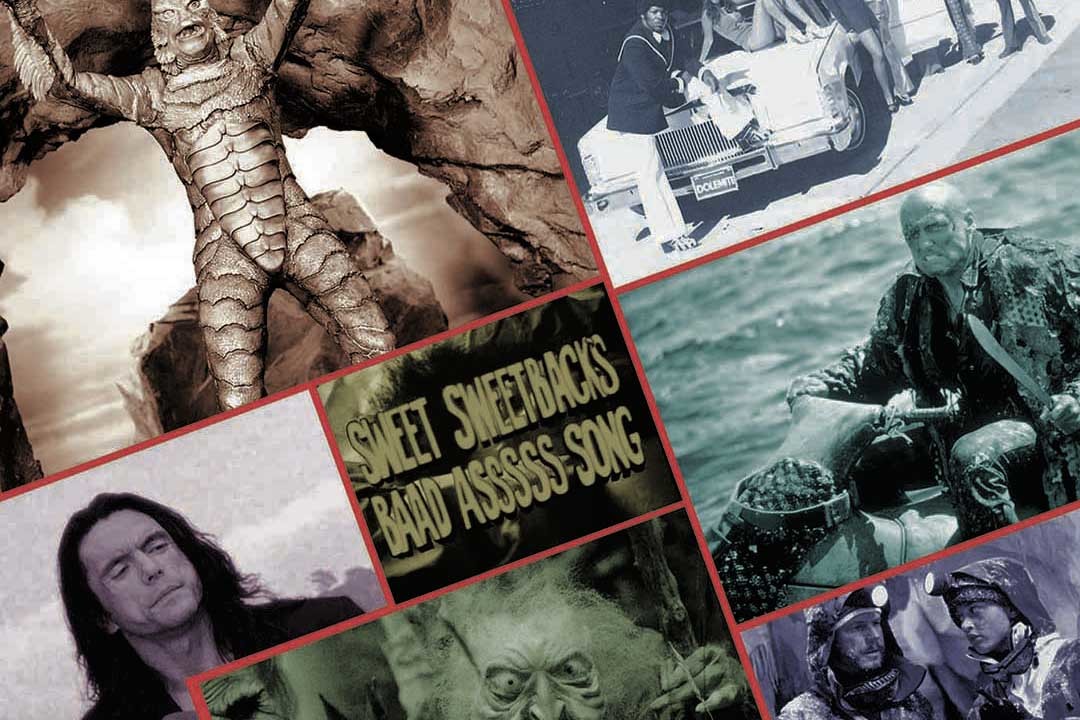From a young age, Natalie Holt aspired to be a comedian, but her favorite shows growing up seemed to discourage as much as inspire her. Comedy staples like The Kids in the Hall, The Simpsons, and NewsRadio all focused on funny men.
Holt encountered the same problem when she considered taking a stab at stand-up near her hometown of Tampa. “The one time I went to an open mic, there were 30 guys talking about what bitches their ex-wives were,” she says. “I couldn’t do it.”
In Seattle, Holt found the welcoming atmosphere she needed to start her stand-up career at the Comedy Womb, now called the Comedy Nest. “It gave me this space where I could come and try comedy, and discover how much I loved it,” she says.
The weekly female-focused open mic was founded three years ago by comic Danielle KL Gregoire. A year ago, she handed ownership of the Womb to a group of six producers, Holt among them, who changed the name but kept the mission—namely, to compensate for the dearth of female stand-up in Seattle. “Before you would go to an open mic, and there wouldn’t even be lights on in the women’s bathroom, because people just assumed women aren’t here,” says Holt.
The Comedy Nest is unique among comedy venues for its rules, designed to curb that embarrassing gender bias while creating a supportive and safe, but not overly restrictive, environment for comics and crowds alike. At least half the performers at any Comedy Nest open mic must be female-identifying and refrain from misogyny, racism, homophobia, transphobia, or any other hate-ridden material.
“In general, the rules make the comedy better,” Holt says. “They make it so people are in a more comfortable place to laugh because they know they’re not going to be the subject of a joke.”
The show books a traveling comic each week for a 15-minute set, but the Nest’s welcoming format makes it especially attractive for first-time comedians eager to try their hand at a three-minute slot. Arijana Ramic, who now hosts the shows on occasion, performed stand-up for the first time at the Nest last September. “It’s the best for first-timers,” she says. “It draws a different audience, one that’s excited about the show and what it stands for.”
The audiences that gather in the Grotto of the Rendezvous each Tuesday are small, but the intimacy feeds the easygoing connection between the crowd and comics of all experience levels, even when the jokes don’t quite land. The Nest does forbid crowd noise or heckling, but Holt and Ramic both say the rule is usually unnecessary. “Seattle audiences are too nice and quiet to heckle usually,” Ramic says.
Though the rules rarely need to be enforced, that doesn’t mean everyone embraces the Comedy Nest or what it stands for. “Some people get upset that the Nest even exists,” Holt says. “They say it’s for pussies, which I guess is sort of correct.”
The common misconception is that the Comedy Nest is a restrictive safe space solely for clean comedy, when in fact comics are free to address controversial issues or tell off-color stories about sponge-bathing an elder or sex so good you know you’re going to contract a UTI. “I don’t think being offensive is a problem,” Holt explains. “If it’s funny, go for it. You’re just funnier to more people when you’re not punching down. You work a little harder to write jokes that aren’t just lazy and relying on stereotypes.”
The Comedy Nest’s rules are often incidental in a city like Seattle, where actively hateful material rarely makes it to the stage, but the gender bias that inspired Gregoire to found the show three years ago still, unfortunately, exists. “It’s still very male-centric and a lot of people just refuse to believe it,” Ramic says.
Holt knows all too well the experience of being the sole female voice on a roster of male comics. Comedy clubs in Seattle and elsewhere continue to book set lists dominated by men, seeming to ignore half the population when booking their entertainment. “I tend to think it’s just thoughtlessness,” she speculates, “or people just booking their buddies and not thinking about it. But how hard is it just to think about it?”
Holt and Ramic agree things look brighter going forward, at least in Seattle. The unrelated female-exclusive comedy showcase Loudmouth Cunts at the Highline takes aim at the gender gap as well, and the Comedy Nest producers are starting a workshop series for beginning stand-ups this month. “The attitude in comedy tends to be ‘I figured it out, you figure it out,’ ” Holt says. “We’re hoping the workshops can get people to think comedy isn’t just something scary, but a community too.”
The Comedy Nest isn’t about scrubbing comedy of potentially offensive material, as its critics may suggest, but about opening it to diverse voices. The new workshops are an extension of the show’s welcoming attitude toward new comic talents, providing aspirants a point of entry in Seattle that Holt never had in Tampa.
In fact, it provided just that for Ramic. “When I first started,” she says, “I could come here and look to someone like Natalie, to see other women and people with different perspectives performing. And it makes the comedy better. It just does.”
The Comedy Nest. Rendezvous, 2322 2nd Ave., comedynestseattle.com. $5, 8 p.m., 21 and up. Every Tuesday.
arts@seattleweekly.com







